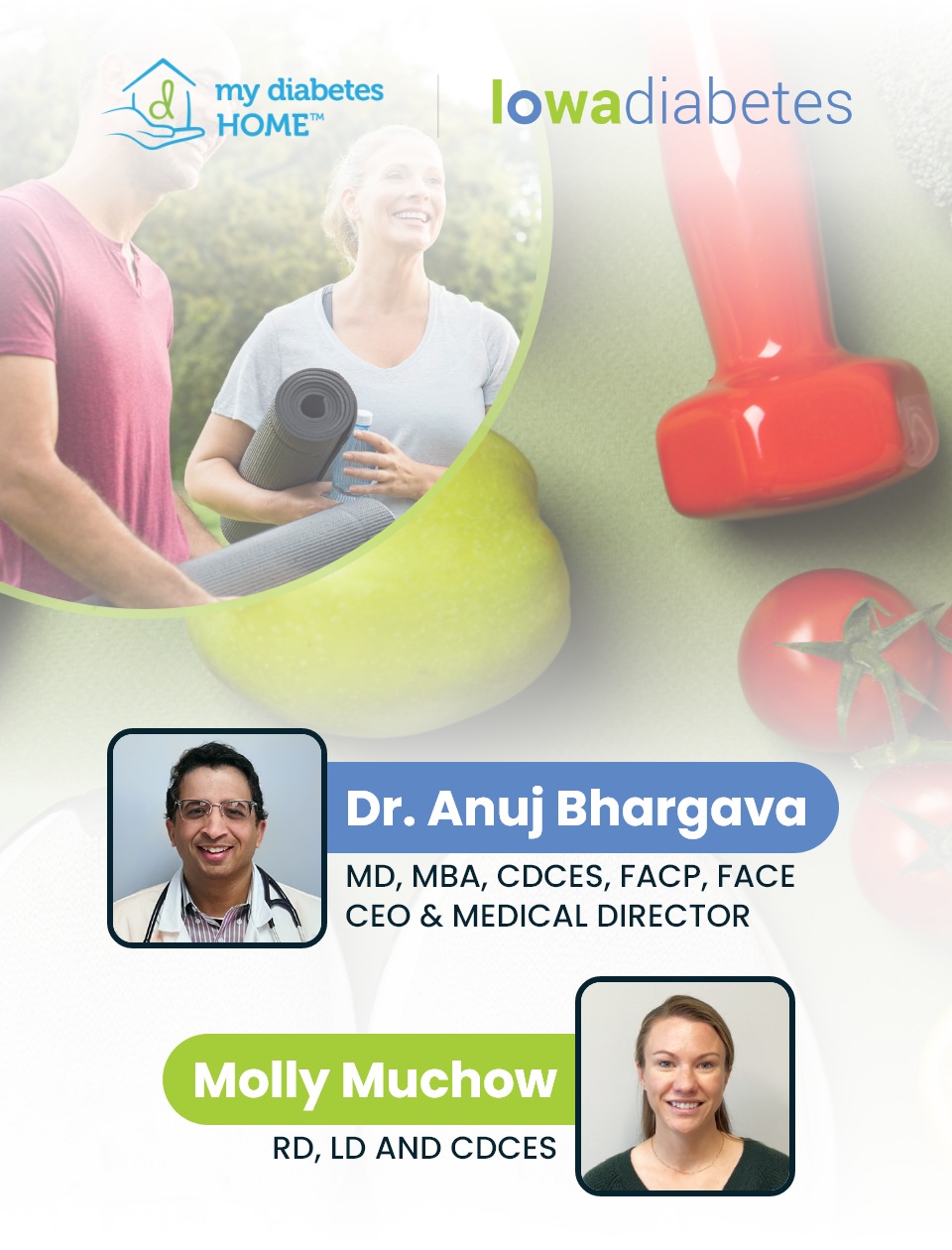Medical research is an investigation of different methods of care for medical conditions, whether it be medical devices or new or existing medications being tested. It helps researchers and medical professionals get a better understanding of the different medical conditions they are looking at. It also helps them get a better grasp on what can help improve the lives of people living with these conditions.
By taking part in a research study, you …..
- May test new medications and devices not yet available to the public, that may be better than current treatments
- Will receive expert medical care, medications, and supplies at no cost
- Will Help others by contributing to the future of clinical research
- Will Learn more about your health by taking an active role in your diabetes management
Each study is unique. Most studies last between 6 to 12 months, however, we have studies as short as 3 months and as long as 5 years. Shorter studies have you come to the office every week at the start and then monthly later on. Longer studies have you come to the office every month at the start and then quarterly later on. Some studies require you to have phone visits with your research coordinator where you will go over blood sugars results, any issues with or changes in your treatment, and any questions you may have.
Medications, devices, and care relating to the study will be given to you at no cost.
- Screening Process: A research study starts with a screening process. You will speak with a member of the recruitment staff to understand more about the current studies available and see if you qualify for one. If you do, you will be asked to come to our office for your first appointment.
- First Appointment: Lab work and other tests will be done to qualify you for the study. If you meet the criteria, you will be put into the study and your information will be shared with the sponsor (the company running the study). The only personal information that is sent to the research study sponsor is your initials and birthdate.
- Randomization: After being put into the study, the next step is called randomization. Each study has multiple groups. In the different groups, participants may get different medications or devices. You will be placed into one of the study groups during randomization by a process similar to flipping a coin.
Your first few visits may last 2-3 hours (or longer) to do all of the testing that is needed to see if you can join the study. Once qualified, usually by the third visit, you will be put into a research study group. Visits after this typically take about an hour but vary based on the study.
Many studies will not affect your daily life. You will be asked to track blood sugars and medication use. Some studies may require you to test your blood sugar more often than you currently do. Certain studies may ask you to keep track of your diet and exercise; many patients find this useful long after their time here at Iowa Diabetes Research by keeping track of how their food and activity affect their health. You can also easily share the information you track with your primary doctor.
Each study requires different tests to see if you qualify. Your research coordinator will go over these tests with you. Most studies may require the tests listed below:
- EKG (heart test)
- Lab work (including blood work)
- Physical exam
- Other testing may be needed depending on the study
In most studies, you can take your usual medications. Sometimes, certain medications will need to be stopped or changed but your research coordinator will discuss this with you. We will also work with your doctor to make any changes.
We encourage you to continue seeing your doctor during the study. We will only oversee things related to the study you are in. Your doctor will manage all other health concerns. We will happily share, with your permission, your lab work, testing, and the fact that you are participating in a research study with us.
Your health and safety is our first priority. It is extremely important to let the study team know of any concerns that you have regarding your health during the study. After you report any concerns to us, our Principle Investigator physician will determine if the concern is related to the study medication or device. If it is, you may be asked to stop the treatment, change the treatment, or be removed from the study.
Participation in a research study is voluntary so you are free to quit a study at any time. As a volunteer it is helpful and important to complete the study if possible even if you have to stop taking the medication. If you decide to quit, you may be asked to come to our office for a final visit to return any remaining study medication or devices. You will not be charged for any of the study-related care.
